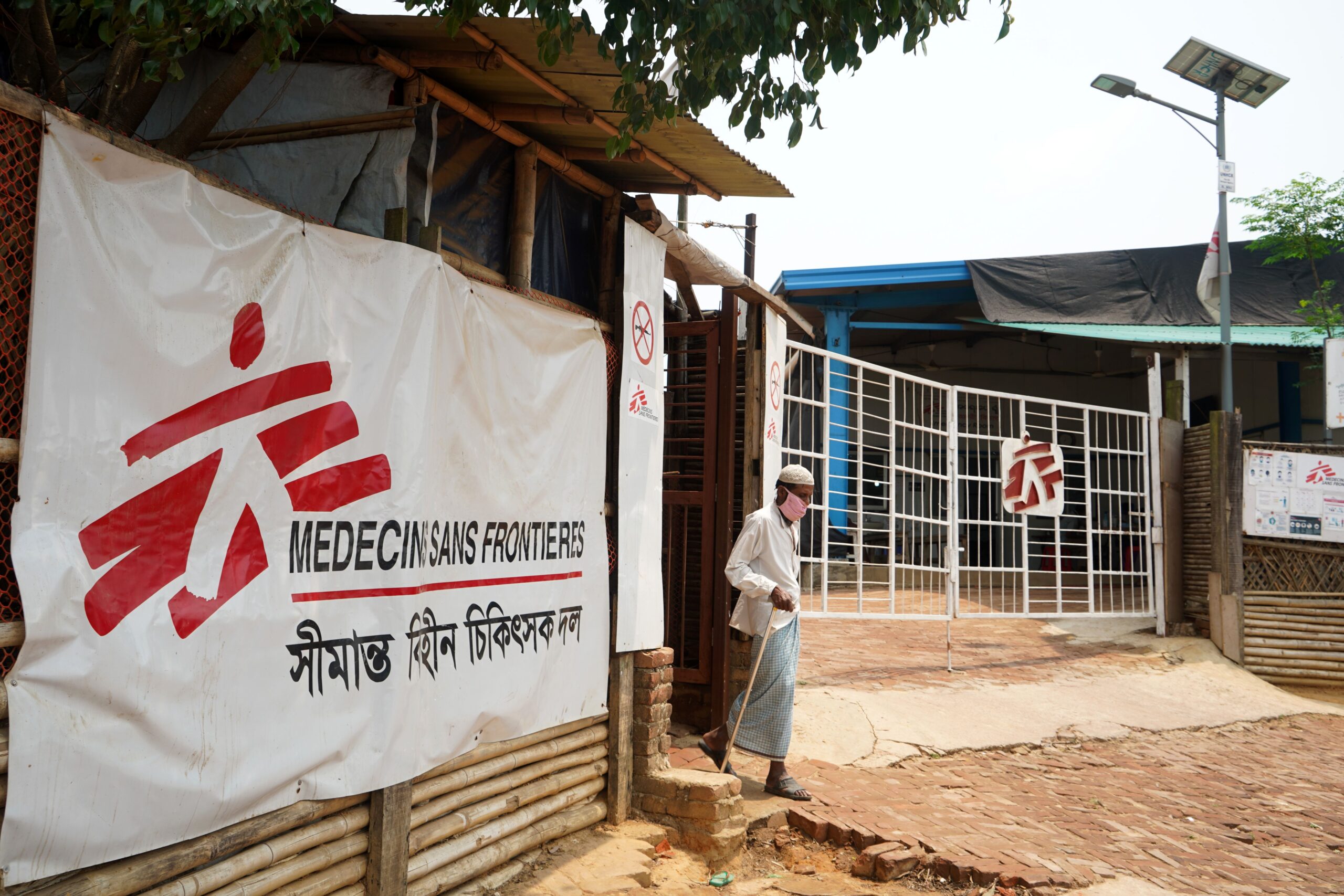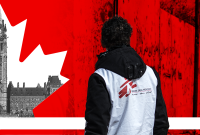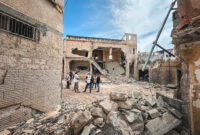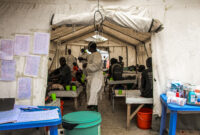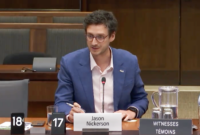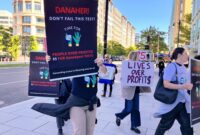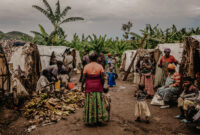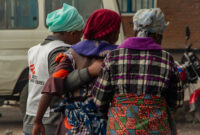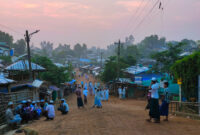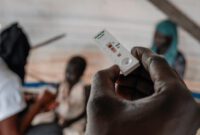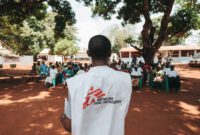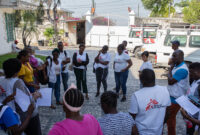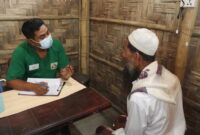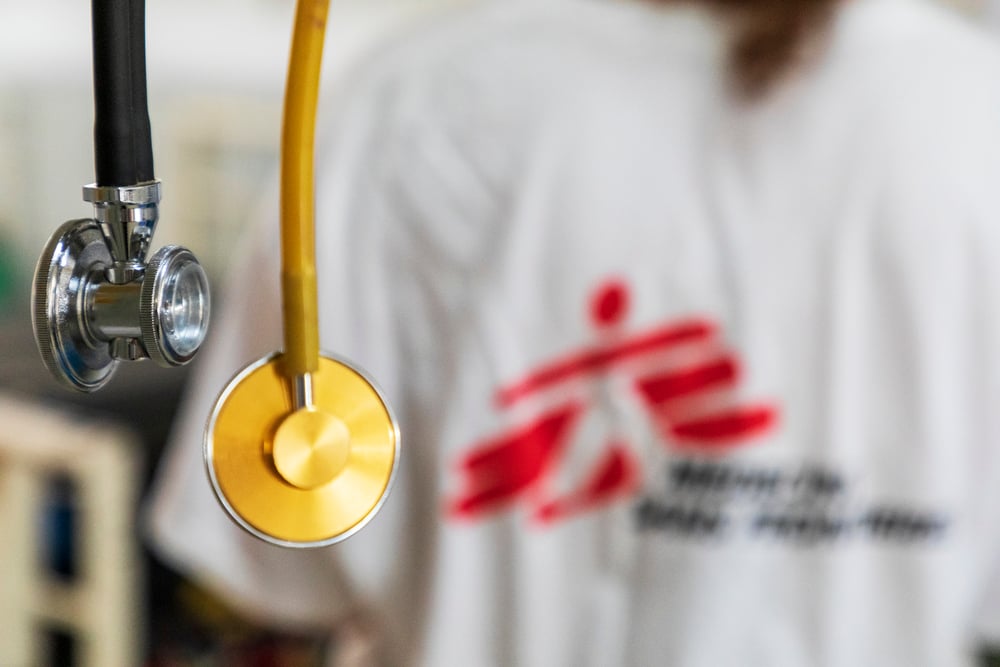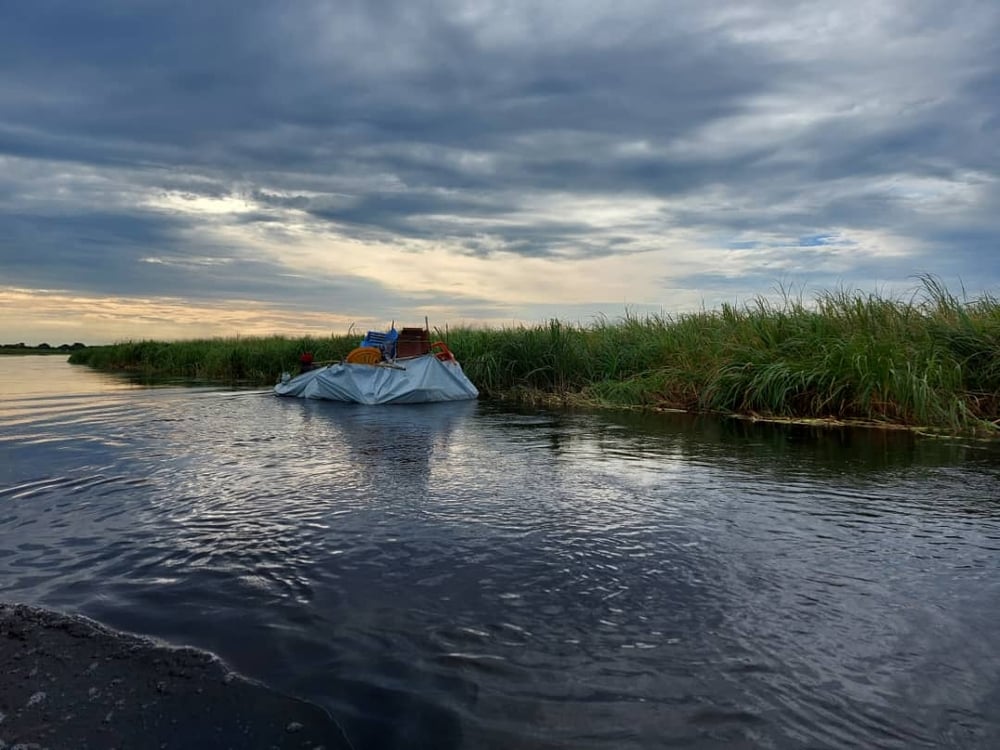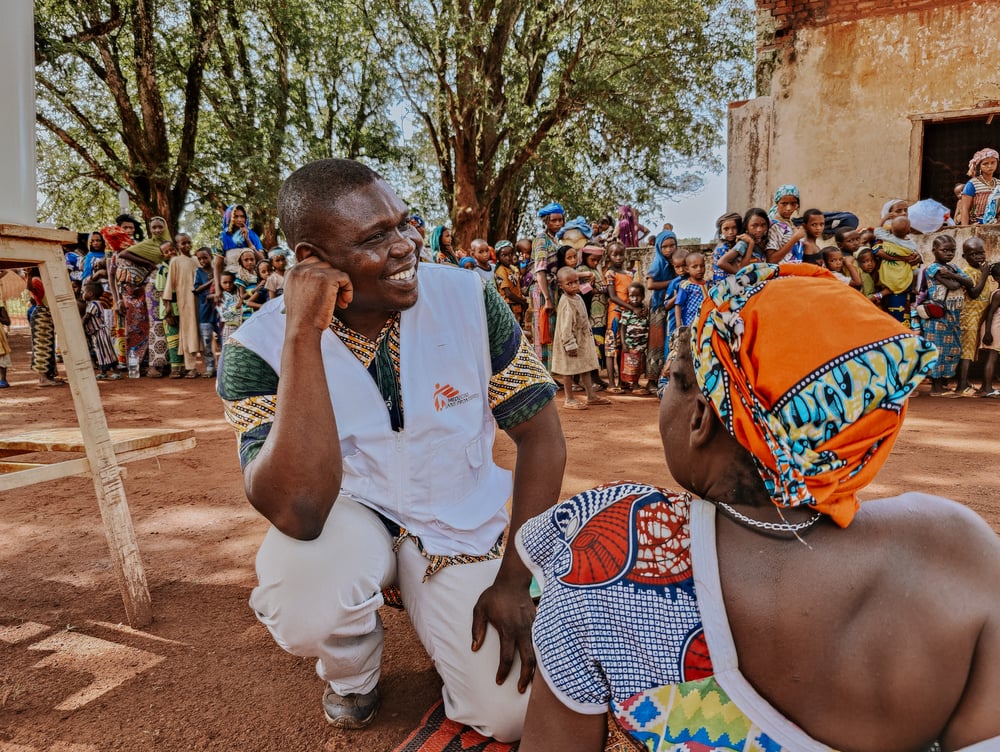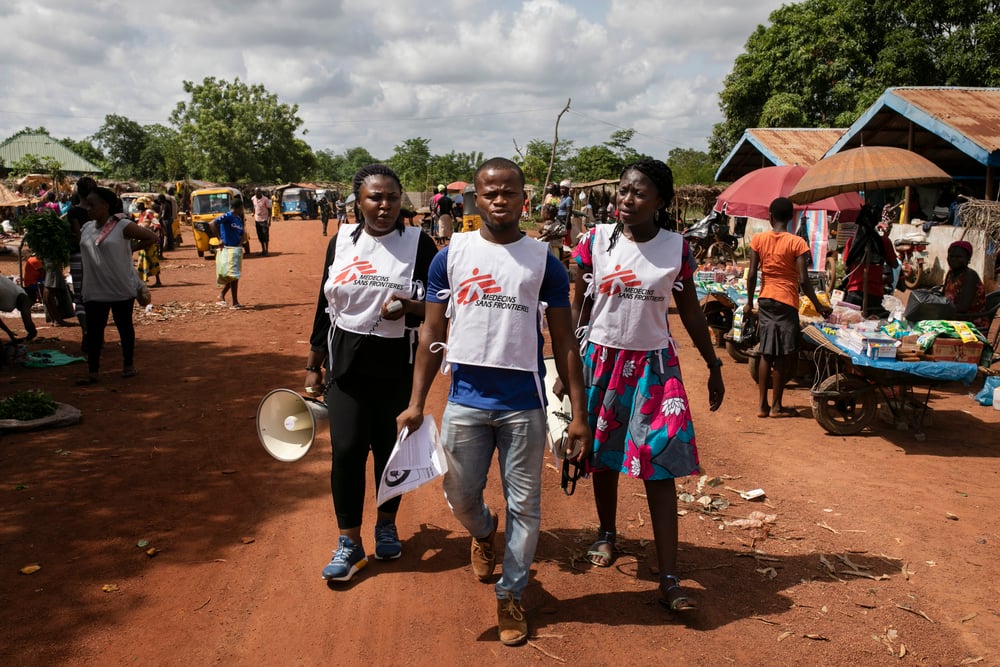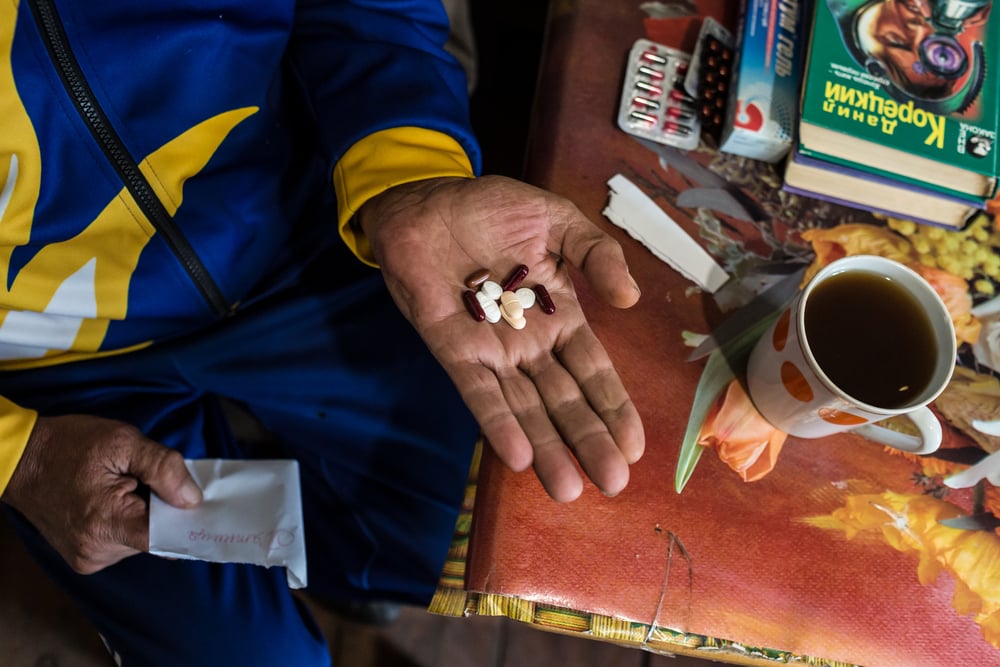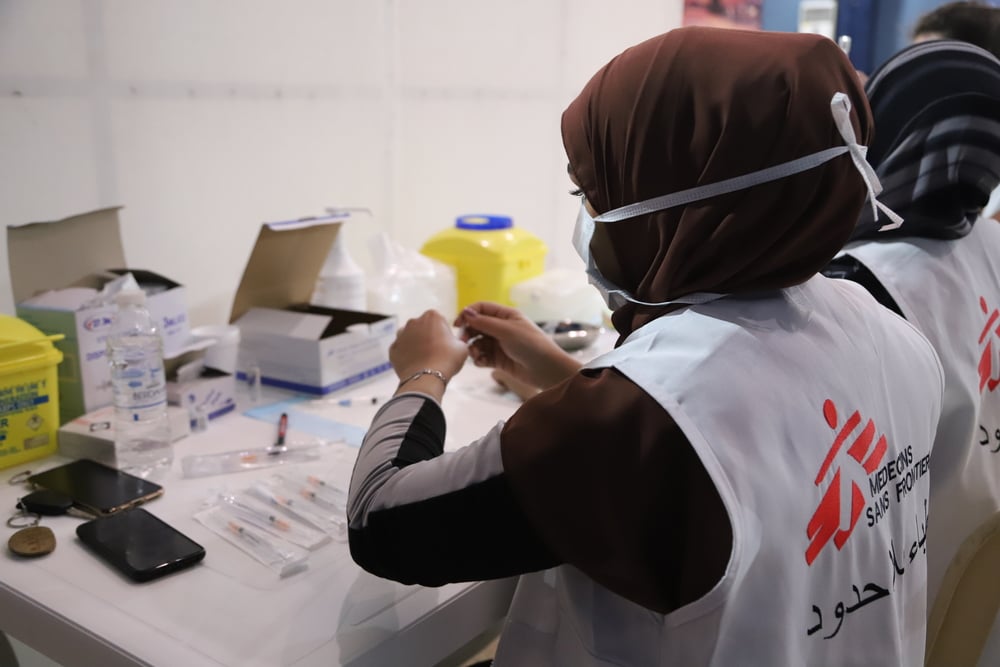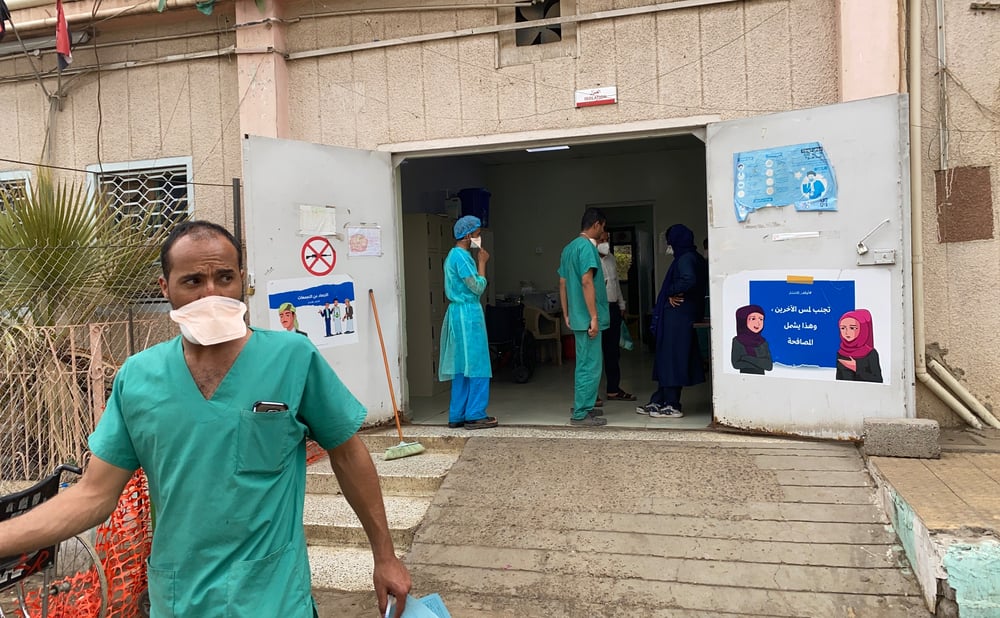Rohingya: “Dying together is better than this suffering”
This article was originally publishing on Globe and Mail.
“It would be an honour if a bomb killed all of us together, so we don’t have to suffer anymore. Dying together is better than this suffering.”
These were the heartbreaking words a Rohingya man shared with my Doctors Without Borders/Médecins Sans Frontières (MSF) colleagues in Myanmar just a few weeks ago, after attacks against his community in Buthidaung, Rakhine State.
In recent months, the civil conflict currently being fought across Myanmar has escalated in brutality. That is especially true in Rakhine, where members of the long-persecuted Rohingya ethnic minority have been targeted amid escalating fighting within the state between the Myanmar military and the separatist Arakan Army.
Canadians might find some of these details familiar, as it was seven years ago this week, beginning on August 25, 2017, that Canada and the world first learned that armed forces in Rakhine had launched large-scale attacks on Rohingya villages, burning homes to the ground and violently killing more than 9,000 people in less than a month. Within a matter of weeks, close to 700,000 Rohingya had fled for their lives from Myanmar and into Bangladesh. These attacks on a single minority population prompted widespread global condemnation at the time and a huge international humanitarian response.
Canada took a prominent leadership role in those efforts. Arguably, it is one of the clearest examples of a coordinated Canadian diplomatic effort to find meaningful solutions to a major global crisis in recent memory.
What has Canada done?
In 2017, Canada sent immediate assistance to help scale up the humanitarian support for traumatized Rohingya refugees arriving in Cox’s Bazar, Bangladesh. Soon after, Prime Minister Justin Trudeau appointed Bob Rae as a Special Envoy to Myanmar and Bangladesh, to assess the emergency and make recommendations for Canada’s response.
Mr. Rae’s subsequent report chronicled some of the appalling suffering experienced by Rohingya in both Myanmar and Bangladesh. It also called on Canada to meaningfully intervene, not only by providing assistance but by using its many legal, diplomatic and political tools to help address the full scope of this crisis. Soon after, in May 2018, Canada’s government launched a formal three-year strategy to respond to the Rohingya and Myanmar crises which would remain a Canadian priority for the next six years, with Canada renewing its strategy for a second phase.
What’s next?
That second phase, however, expired this past March, and was not renewed in the government’s most recent federal budget. The level of diplomatic effort and the priority this escalating crisis will receive going forward is unclear. As the humanitarian crisis facing Rohingya people intensifies once more, Canada must step up again to prevent further suffering and harm.
As a front-line responder to the immense humanitarian medical needs in both Myanmar and Bangladesh, MSF is disappointed at the apparent change in Canadian policy. The situation for the Rohingya and other civilian groups has become dramatically worse in recent months, and the crisis is arguably expanding as people flee to countries such as Malaysia. In Bangladesh alone – where today more than one million Rohingya remain trapped in dangerous and overcrowded camps – MSF medical teams are witnessing sharply increasing health needs related to violence, confinement and the collapse of basic humanitarian services. I saw these needs myself, when I visited our clinics in Malaysia and the camps in Cox’s Bazar earlier this year.
Meanwhile, the situation for the roughly 600,000 Rohingya estimated to remain in Myanmar has once again taken a turn for the worse. Renewed fighting in Rakhine State is causing increased suffering for the Rohingya and other civilian populations. Emergency response organizations, including MSF, are blocked from carrying out humanitarian activities and from accessing people in need. MSF was forced to suspend our operations in Northern Rakhine State on June 27. We are seeing yet another deterioration in a crisis that exploded onto the world’s consciousness in August 2017 – except that now the world is no longer paying attention.
What does this mean for Canada?
For Canada, that marks a profound shift. When Bob Rae first shared his report on the Rohingya crisis, he described it as a clear humanitarian imperative for Canada: “We can’t assume anymore that some other country is going to take the lead and ride this thing through and get it done,” he said. “We have to stay engaged.”
Seven years on, that engagement appears to be waning, even as the situation for the Rohingya has become grimmer than ever. Canada is leaving the Rohingya community, and the organizations like ours that are supporting them, in a state of uncertainty.
Canada should make a different choice. It should heed Mr. Rae’s original advice and remain engaged in this increasingly neglected humanitarian crisis – by renewing its Rohingya and Myanmar Strategy, and by continuing to honour the commitments it made seven years ago.
